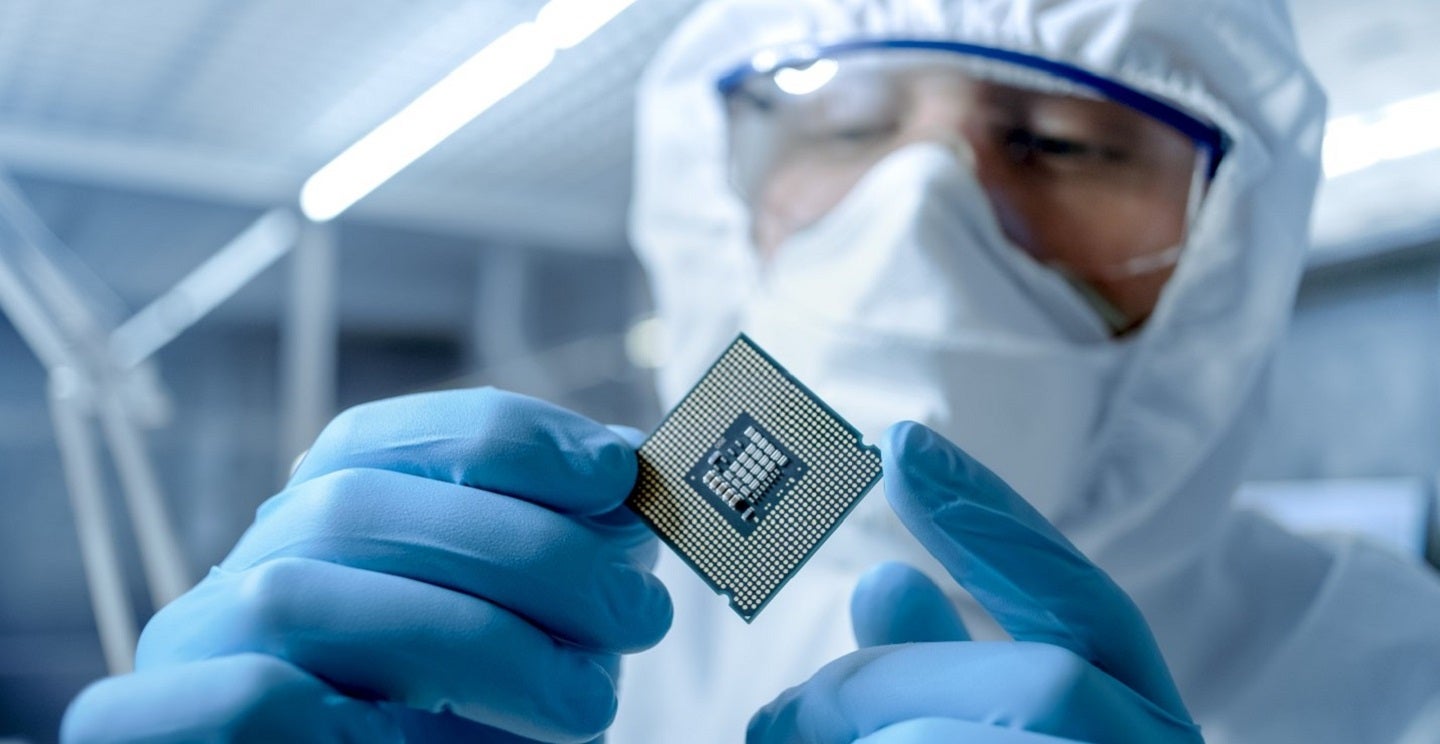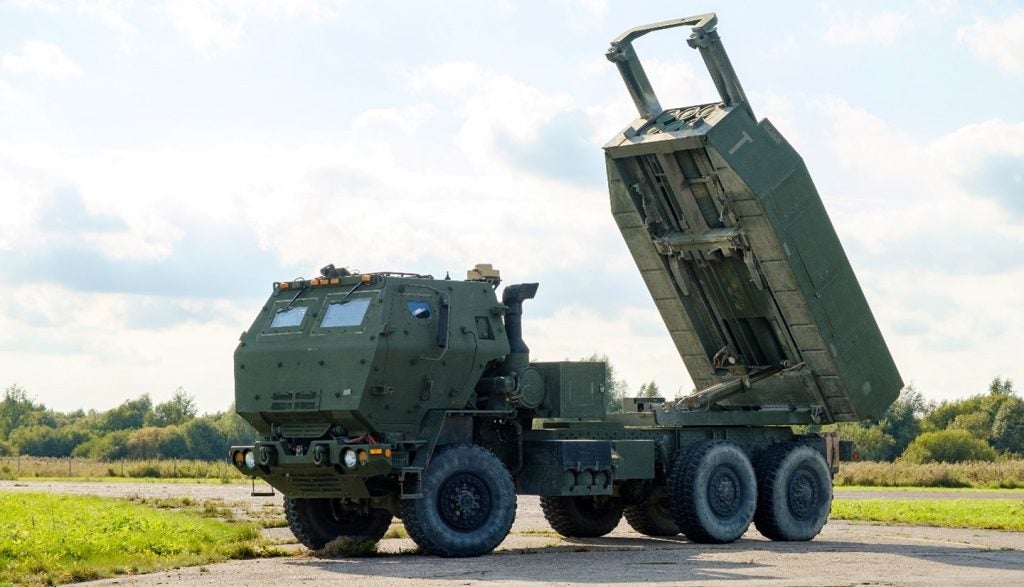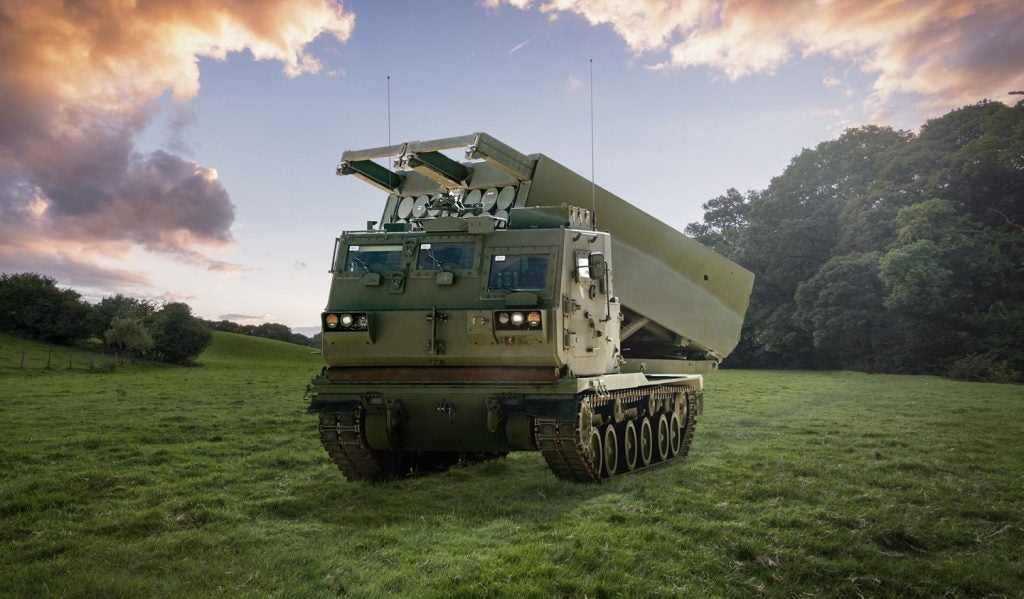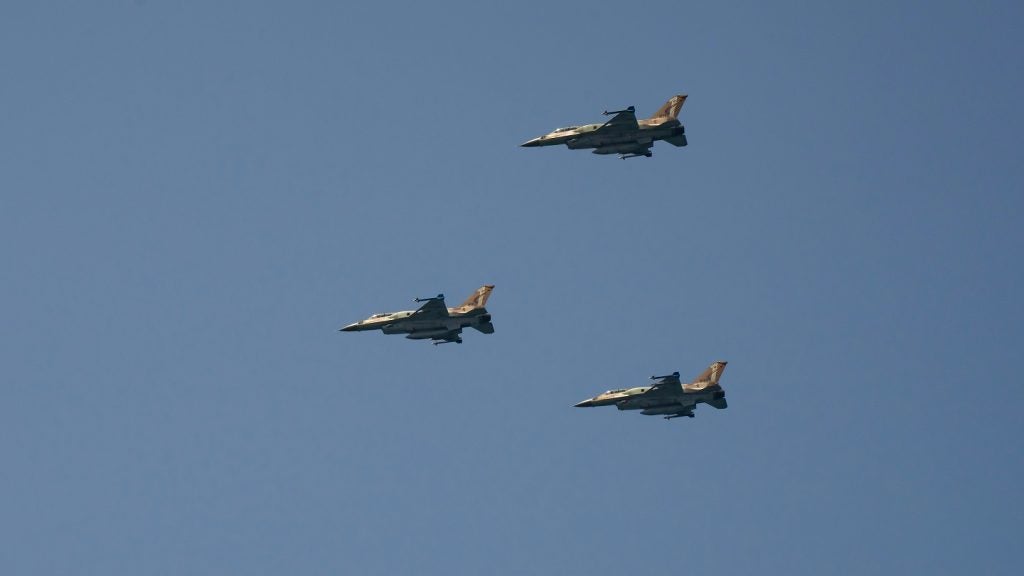
The US Department of Defense (DoD) has offered BlackWatch International, a small tech business based in Virginia, manufacturing sustainment and engineering support to produce semiconductors.
Support for the company will help boost America’s semiconductor industrial base in a time of global supply chain challenges and a contentious rivalry with China.
GlobalData Defence Analyst Sourabh Banik explained: “Just like other industries semiconductors play a crucial role in aerospace and defence sectors, especially when armed forces worldwide are gradually gearing toward network-centric warfare.
“Almost all types of modern military platforms ranging from airborne, land, naval, and space systems, have components and sub-systems that use semiconductor chips.”
In this context, BlackWatch will benefit from government support worth up to $96.9m; the DoD has so far provided support amounting to $7.2m from FY2023 funds at the time of award.
Biden’s plan to secure the chip industry
US President Joe Biden has orchestrated a plan of action that essentially involves spending a seemingly limitless amount of money in propping up the capacity of domestic companies to produce microchips and source all the components.
At the end of July 2023, the US Department of Commerce (DoC) and the DoD signed an agreement to expand collaboration to strengthen America’s semiconductor industrial base.
Assistant Secretary of Defense for Industrial Base Policy Dr. Laura Taylor-Kale argued “It is essential for the DoD and DoC to consult one another to ensure we are making complementary investments that support a robust semiconductor industrial base.”
A total tech war?
Although this strategy may help struggling chip manufacturers to boost their production of the critical technology while also feeding the US military with new chip-enabled capabilities, a large degree of security in this global industry depends on diplomatic co-operation with China.
Likewise, America’s Indo-Pacific allies – Japan and South Korea – similarly contend that blocking China’s acquisition of critical chip components will not stall their shared adversary’s development of advanced technologies that require chips, such as artificial intelligence. Yang Hyang-ja, a South Korean legislator and former chip engineer, affirmed this in an interview with the Financial Times.
Similarly, in an Institute for International Strategic Studies (IISS) webinar on allied co-operation in the global semiconductor industry at the end of June, one Japanese commentator Ota Yasu, a Tokyo-based columnist and TV commentator for Nikkei, proposed a divergent solution.
“Japan should not just follow the US but get together with [South] Korea and Taiwan. Maybe Japan should co-ordinate the voices of the Asia-Pacific and bring it to Washington.”
Decoupling from China is one thing, but America’s ‘total tech war’ is another – as America’s Asian allies are overburdened by the China-shaped whole in the global semiconductor industry.








